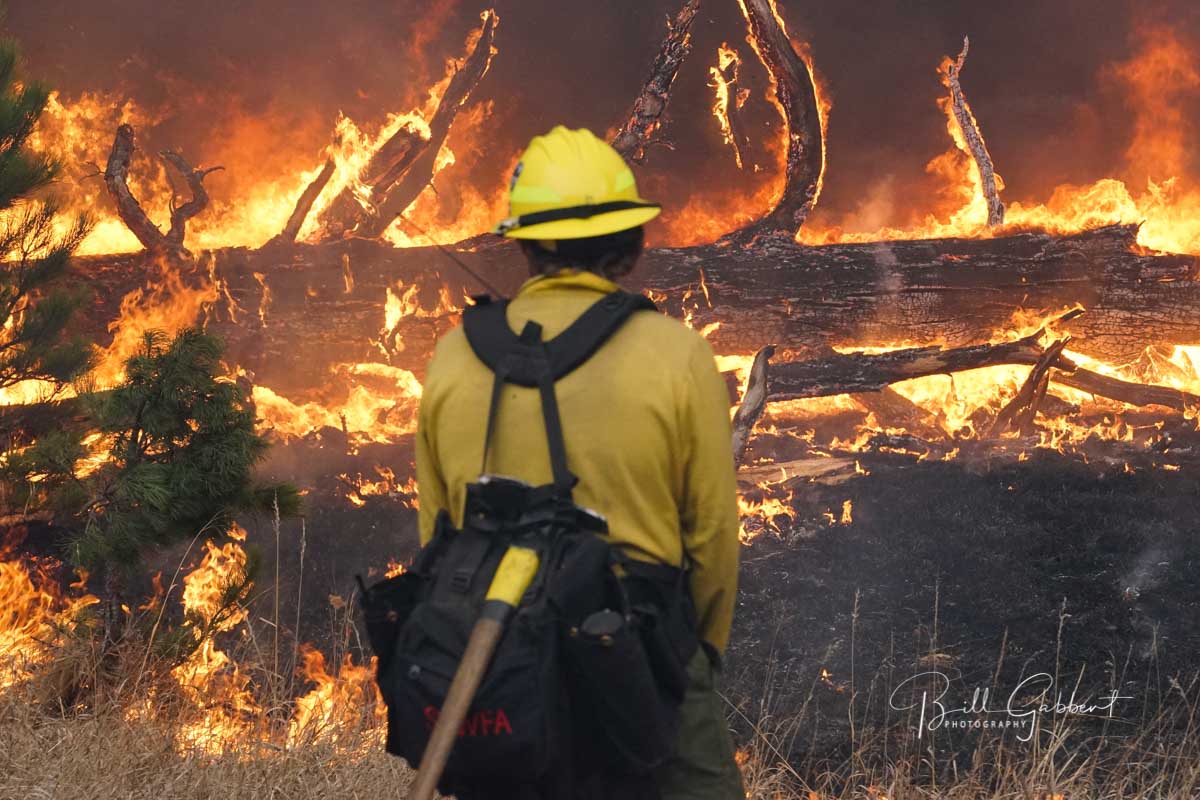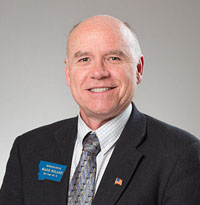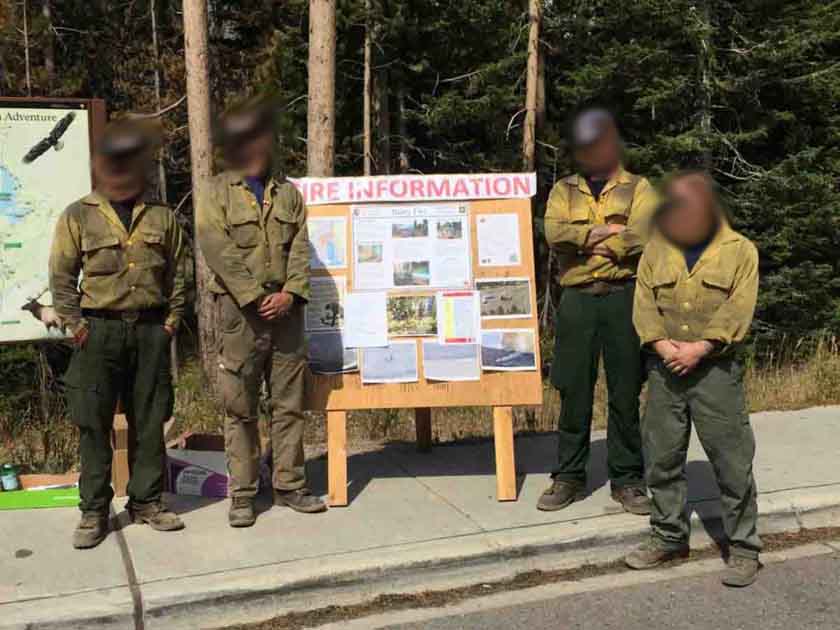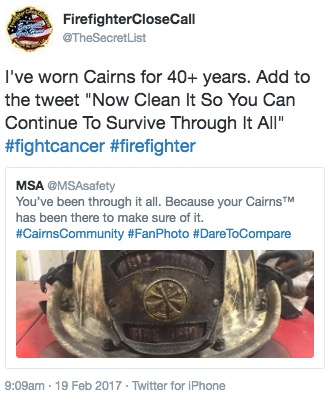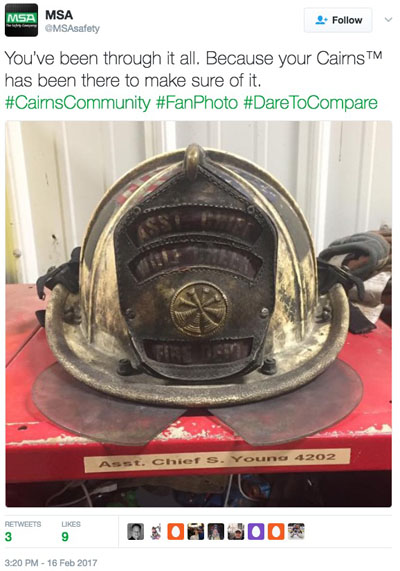11:51 a.m. MDT Sept. 23, 2021

Important legislation has been introduced in Australia and in the United States that would have a very meaningful and positive effect on wildland firefighters.
Victoria, Australia
In Victoria, Australia a bill titled “Forests Amendment (Forest Firefighters Presumptive Rights Compensation) Bill 2021” extends the presumptive disease program to forest firefighters. It also includes “surge firefighters” who are government employees normally in other roles, but who perform firefighting duties during the fire season as part of their agency’s surge capacity as needed.
The presumptive disease program ensures that if a firefighter is diagnosed with any of the 12 listed cancers, they will not have to prove that it was caused by their employment, and it will be considered an on the job injury.
The cancers covered are brain, bladder, kidney, non-Hodgkins lymphoma, leukemia, breast, testicular, multiple myeloma, prostate, ureter, colorectal, and oesophageal. The employee must have been on the job for 5 to 15 years, depending on which disease they have.
If the legislation is passed, the presumptive right will apply to individuals diagnosed on or after June 1, 2016 if the diagnosis occurs during the course of a person’s service as a firefighter or within 10 years after they have ceased to serve.
This is an important issue that should also be addressed in the United States.
Lily D’Ambrosio, the Minister for Energy, Environment and Climate Change, explained the program in detail during the second reading of the bill. Here is a link to the legislation.
United States
In the United States amendments to the National Defense Authorization Act (NDAA), if they are approved and the bill is passed, would affect wildland fire in two ways.
A housing allowance would be provided to any federal wildland firefighter hired at a location more than 50 miles from their primary residence. The amount would be based on the cost of housing in the area.
And, a mental health awareness and support program would be created for federal wildland firefighters including:
- A mental health awareness campaign;
- A mental health education and training program that includes an on-boarding curriculum;
- An extensive peer-to-peer mental health support network for federal wildland firefighters and their immediate family;
- Expanding the Critical Incident Stress Management Program through training, developing, and retaining a larger pool of qualified mental health professionals who are familiar with the experiences of the wildland firefighting workforce, and monitoring and tracking mental health in the profession to better understand the scope of the issue and develop strategies to assist; and
- Establish and carry out a new and distinct mental health support service specific to federal wildland firefighters and their immediate family, with culturally relevant and trauma-informed mental health professionals who are readily available and not subject to any limit on the number of sessions or service provided.
In addition, each federal wildland firefighter would be entitled to 7 consecutive days of leave, without loss or reduction in pay, during each calendar year for the purposes of maintaining mental health.
Both of these, a mental health program and a housing allowance, if approved would be huge. Along with salary, these two issues have a large impact on retention. Too many federal firefighters live in their cars because the cost of housing where they are required to work is more than they can afford on the money they make. The mental health issues, including very high suicide rates, have been well documented.
If these two amendments do not end up in the final signed NDAA legislation there is a backup plan. Colorado Congressman Joe Neguse, Co-Chair of the Bipartisan Wildfire Caucus, would introduce the Housing Our Firefighters Act and the Care for Our Firefighters Act.
Mr. Neguse is also planning to introduce in the near future bills to overhaul federal firefighter pay, benefits and classification.
The Grassroots Wildland Firefighters have been instrumental in getting these issues in front of committee staffers and politicians.
Another amendment in the NDAA would require a study of the risks posed to Department of Defense infrastructure and readiness by wildfire, including interrupted training schedules, deployment of personnel and assets for fire suppression, damage to training areas, and environmental hazards such as unsafe air quality.

